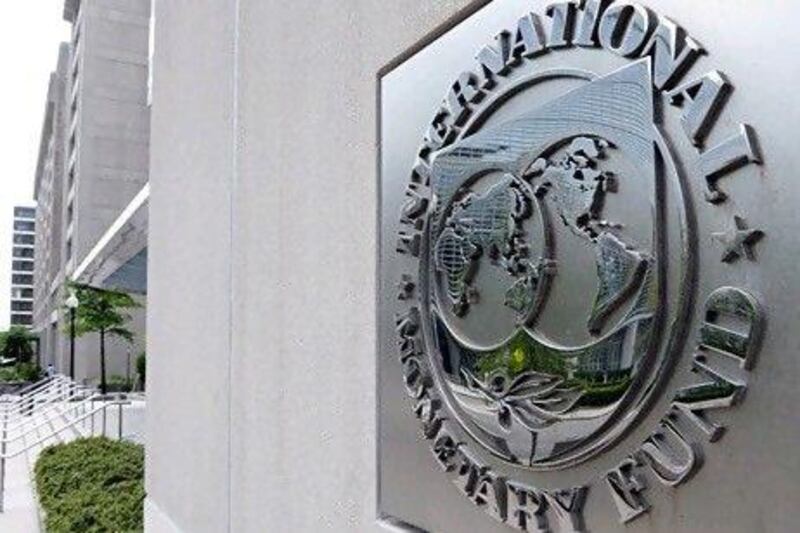Gulf economies have more in common with the US, Europe and Asia than with each other, raising their vulnerability to shocks and threatening efforts to diversify, an IMF report has warned.
Finance:
Industry Insights Exclusives you can bank on from The National's premium content. Learn More
Poor integration in the region reflected low trade and financial flows between states, the IMF said in the report released yesterday.
"The GCC countries need to expand and deepen economic diversification and become more complementary in intra-regional trade and financial flows," Serhan Cevik, an IMF economist, wrote in the report.
Low levels of alignment between economies raised concerns about plans to launch a single currency, it said.
"Without a higher degree of synchronisation in [non-hydrocarbon] business cycles, the cost of monetary union may outweigh its benefits," Mr Cevik wrote.
GCC states are striving to diversify their economies away from oil revenues to reduce the region's exposure to oil price declines. Economic growth in the region was dented in 2008 when oil prices fell by more than US$100 a barrel in six months during the global financial crisis.
But the report said the low degree of linkages between non-oil GDP meant the region was exposed to economic shocks and spillovers from the rest of the world.
The UAE and other regional economies are already feeling the impact of the euro-zone debt crisis and slowing global growth. GDP growth in the region is expected to slow next year, according to a report released yesterday from the Institute of Chartered Accountants in England and Wales.
The IMF report focuses on business cycles, the fluctuating levels of activity experienced by an economy. The fortunes of the GCC oil sectors are generally in close tandem, with activity rising and falling in response to oil demand.
But the IMF concludes that the countries had a much lower level of alignment in their non-oil business cycles. The degree of correlation was below that of European countries before the launch of the euro zone, it said.
In fact, the individual economies of GCC states had more linkages with foreign trade partners in the US, Europe and Asia than with their near neighbours.
The business cycles of Saudi Arabia's non-oil GDP between 2000 and last year were more closely correlated to the euro area, Japan, China, and the US than to Bahrain, Kuwait, Oman and Qatar.
Over the same period, the UAE's non-oil business cycles had closer links to the US, Japan and the euro area than to Saudi Arabia and Bahrain.
The IMF's analysis ignites more doubts about the GCC monetary union plans. The project is already looking increasingly shaky as the debt crisis unfolds in the euro zone. The framework for the project has been heavily influenced by the Maastricht Treaty, which laid out the blueprint for the euro.
Saudi Arabia, Qatar, Bahrain and Kuwait have signed up to the GCC monetary plan as a way of bolstering the economic clout of the region.
To make the project work, GCC states need to align their business cycles more closely, the IMF said.
The report also questions diverging fiscal policies among the bloc.
A lack of coordination on public spending among countries is commonly agreed to be at the root of the troubles in the single-currency euro zone.
The IMF had given its backing to the single-currency project when plans for the scheme were first seriously discussed by regional leaders in 2001.
The UAE pulled out of the GCC plans in May 2009. Oman has also ruled itself out.





